Why You Sometimes Feel Low
It’s totally normal to feel blue, but the causes for it can be different. Sometimes, you can cry more and feel more pressure than on the other days. It can also take you a day or several weeks to recover from your sadness. Understanding the underlying causes can help you overcome this state faster and easier.
5-Minute Crafts wants to discuss some of the things that can affect your mood and suggest possible solutions to them.
❗ Important: All the information represented in this article is for informative purposes only. You should always consult with your doctor first.
1. You might experience seasonal sadness.
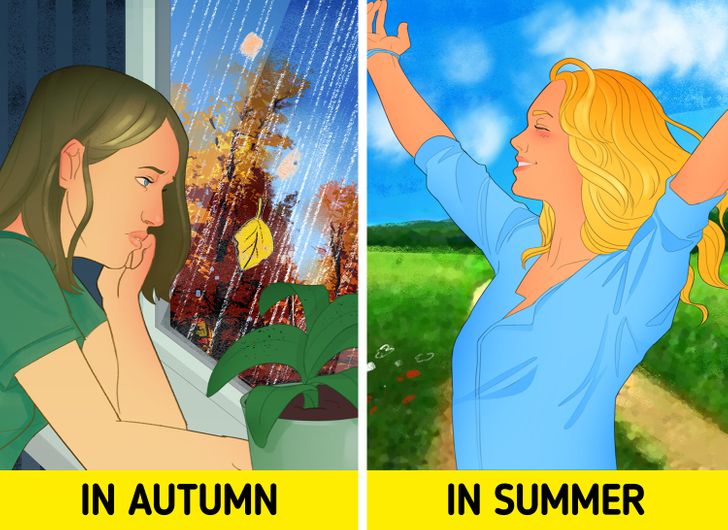
You can have a switch in your mood because of changes in weather. For example, you can feel a little low during autumn or winter, when days get gloomier and shorter. Also, you might not get enough sunlight during these seasons, which can negatively affect your mood too. Your serotonin levels drop and you can start feeling pessimistic. Once it gets warm again, your spirits will likely rise again somewhat.
2. You might experience a change in your hormones.
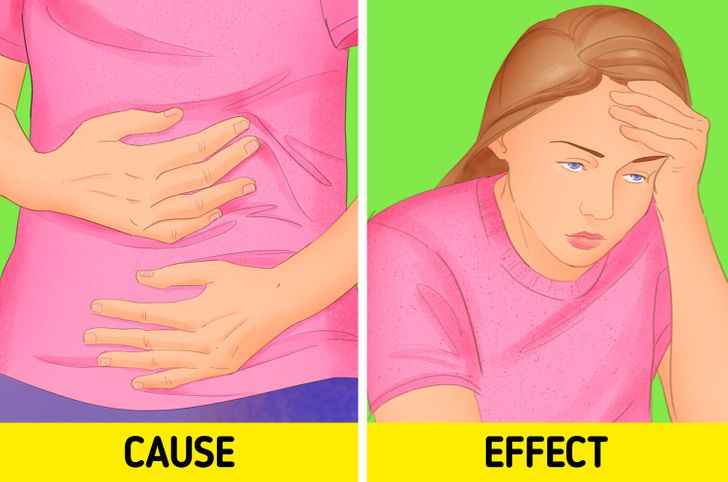
Typically, a woman can start feeling sad, irritable, and tired a week before her period because of hormonal fluctuations. During pregnancy and after childbirth, a woman experiences a drastic change in hormones. Because of this, they can sometimes experience mood swings.
3. You might have a poor diet.
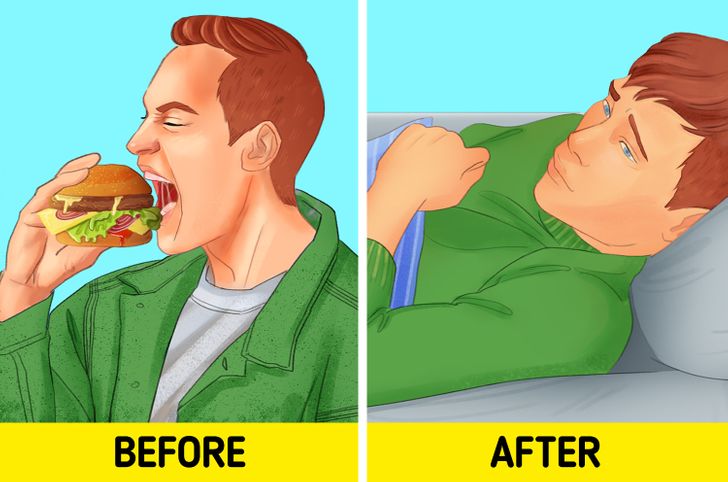
Things that you eat are an important part of your emotional well-being. A poor diet that is high in processed and fried foods, sugary desserts, refined cereals, and high-fat dairy products can make you feel worse. Instead, you can switch to:
- Foods rich in antioxidants: apricots, broccoli, cantaloupe, carrots, collards, peaches, pumpkin, spinach, and sweet potatoes
- Vitamin C: blueberries, broccoli, grapefruit, kiwi, oranges, peppers, potatoes, strawberries, and tomatoes
- Vitamin E: nuts, seeds, and vegetable oils
- Complex carbs: peas, beans, and whole grains
- Protein-rich foods: peas, beans, lean beef, low-fat cheese, fish, milk, poultry, soy products, and yogurt
4. You might lack physical activity.
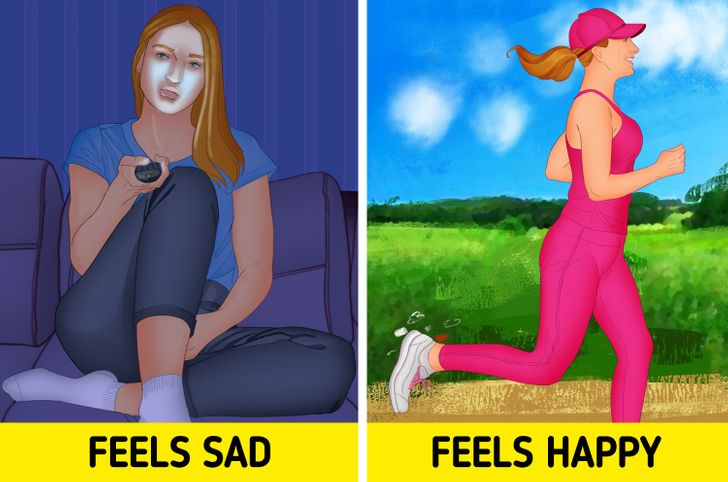
Sitting down for long hours is not only bad for your physical health. Your mental state is also in danger, as a sedentary lifestyle is linked to psychological distress. Physical activity has a positive effect on your brain because it stimulates the release of feel-good chemicals, like dopamine, norepinephrine, and serotonin. These hormones stimulate your mood and make you feel happier.
5. You might have poor sleep hygiene.
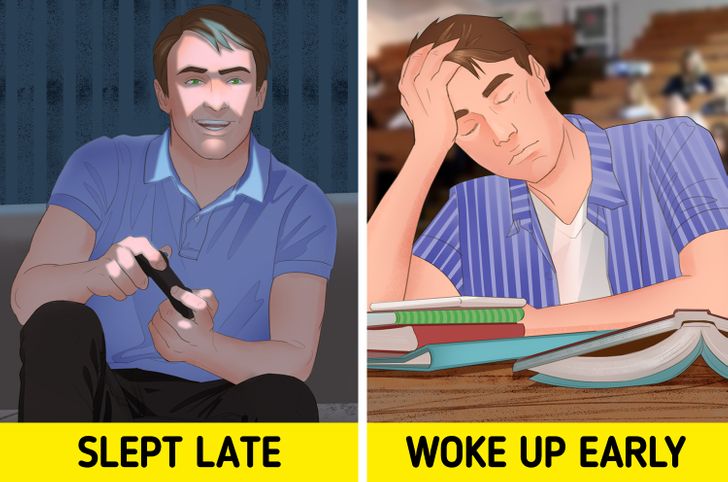
Not getting enough sleep can cause negative moods, like sadness and frustration. When you pull an all-nighter, the levels of the stress hormone, cortisol, increase, which causes you to feel more anxious. The next morning, you’ll feel more fatigued, angry, and irritable. It’s always good to adjust your daily routines and try to get about 7-9 hours of sleep daily.
6. You might spend too much time on social media.
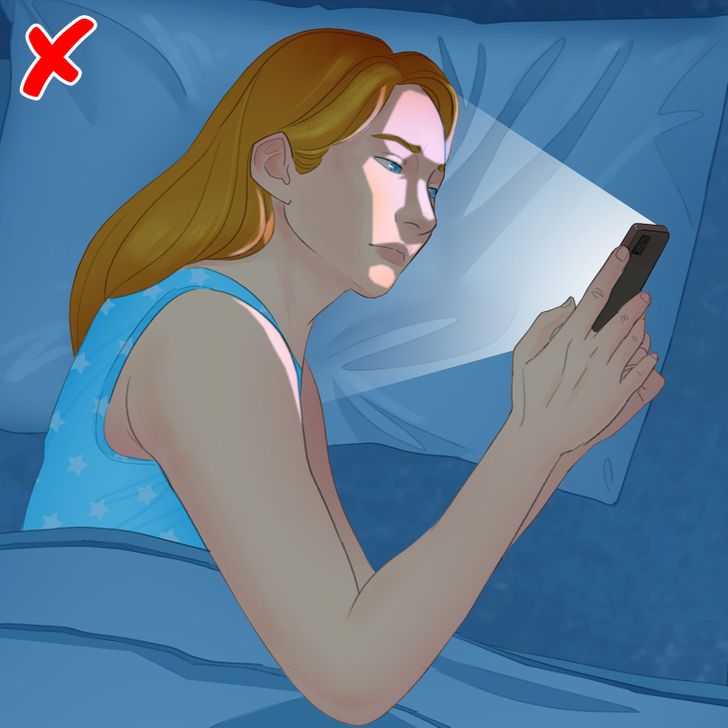
There is a link between using social media and a lower mood, as it can negatively affect your emotional well-being. Using social media excessively might cause lower self-esteem and create the fear of missing out, making people feel sad and lonely. It’s important to always limit your social media usage and not to believe everything that is shown there.
7. You might be stressed out.
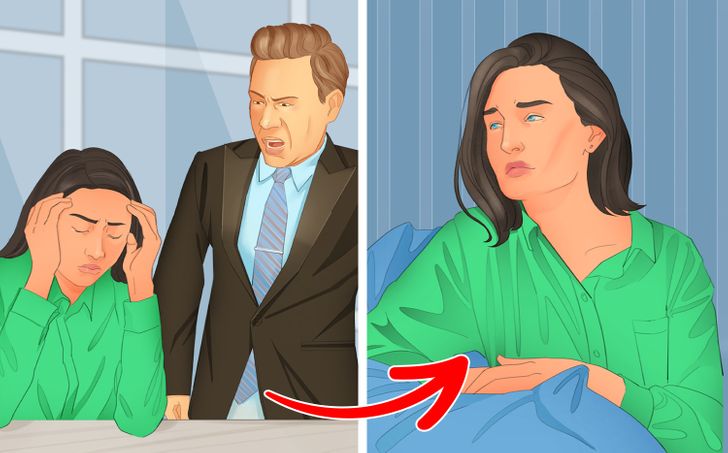
When you’re continuously stressed, the hormone known as cortisol is constantly alleviated. This, consequently, suppresses the levels of the hormones of happiness — serotonin and dopamine — which can lead to bad moods. To relieve stress, you can try to add more relaxing activities to your life. Yoga, meditation, soothing music, or just spending time with your loved ones might help you with this.